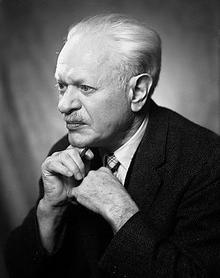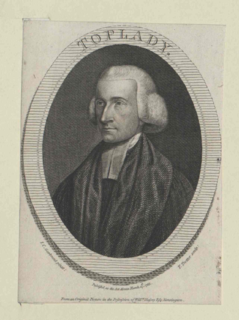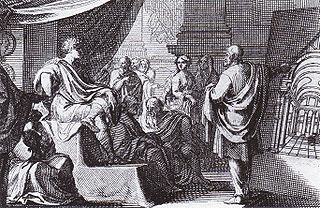A Quote by Joseph Brodsky
Neither as a writer nor, moreover, as a leader of a nation should you use terminology that obscures the reality of human evil.
Related Quotes
Reality is neither subjective nor objective, neither mind nor matter, neither time nor space. These divisions need somebody to happen to, a conscious separate center. But reality is all and nothing, the totality and the exclusion, the fullness and the emptiness, fully consistent, absolutely paradoxical. You cannot speak about it, you can only lose yourself in it.
Fundamentally, however, there is neither good nor evil; this is all based on human concepts. In the universe there exists neither good nor evil, because everything has been created in accordance with immutable laws. the divine principles are reflected in these laws, and only through knowing these laws will we be able to get close to the divine.
Where there is Love and Wisdom, there is neither Fear nor Ignorance.
Where there is Patience and Humility, there is neither Anger nor Annoyance.
Where there is Poverty and Joy, there is neither Cupidity nor Avarice.
Where there is Peace and Contemplation, there is neither Care nor Restlessness.
Where there is the Fear of God to guard the dwelling, there no enemy can enter.
Where there is Mercy and Prudence, there is neither Excess nor Harshness.
I infer that God's decrees, and the necessity of event flowing thence, neither destroy the true free-agency of men, nor render the commission of sin a jot less heinous. They neither force the human will, nor extenuate the evil of human actions. Predestination, foreknowledge, and providence, only secure the event, and render it certainly future, in a way and manner (incomprehensibly indeed by us; but) perfectly consistent with the nature of second causes.
The gods can either take away evil from the world and will not, or, being willing to do so, cannot; or they neither can nor will, or lastly, they are both able and willing. If they have the will to remove evil and cannot, then they are not omnipotent. If they can, but will not, than they are not benevolent. If they are neither able nor willing, then they are neither omnipotent nor benevolent. Lastly, if they are both able and willing to annihilate evil, how does it exist?
You cannot be naïve about evil. You cannot be naïve to the reality that there are human beings and human situations which have totally identified with the dark side of reality. They are malicious. Realism teaches you to put up appropriate boundaries so that people can't do any more evil than possible. But that doesn't mean you do evil back to them.
The historian should be fearless and incorruptible; a man of independence, loving frankness and truth; one who, as the poets says, calls a fig a fig and a spade a spade. He should yield to neither hatred nor affection, not should be unsparing and unpitying. He should be neither shy nor deprecating, but an impartial judge, giving each side all it deserves but no more. He should know in his writing no country and no city; he should bow to no authority and acknowledge no king. He should never consider what this or that man will think, but should state the facts as they really occurred.
Liberty, according to my metaphysics, is an intellectual quality, an attribute that belongs not to fate nor chance. Neither possesses it, neither is capable of it. There is nothing moral or immoral in the idea of it. The definition of it is a self-determining power in an intellectual agent. It implies thought and choice and power; it can elect between objects, indifferent in point of morality, neither morally good nor morally evil.







































